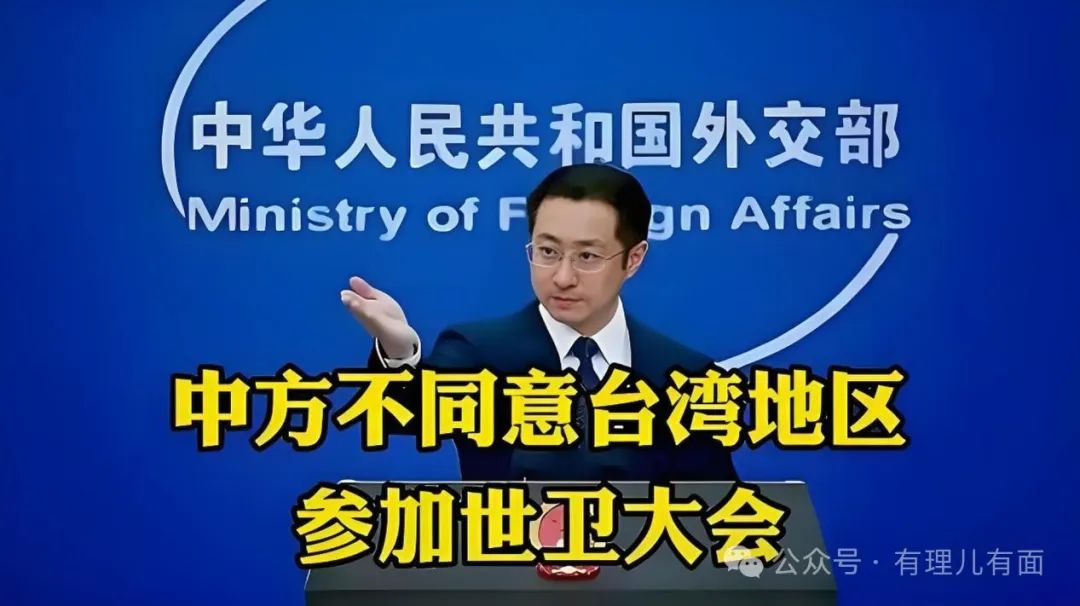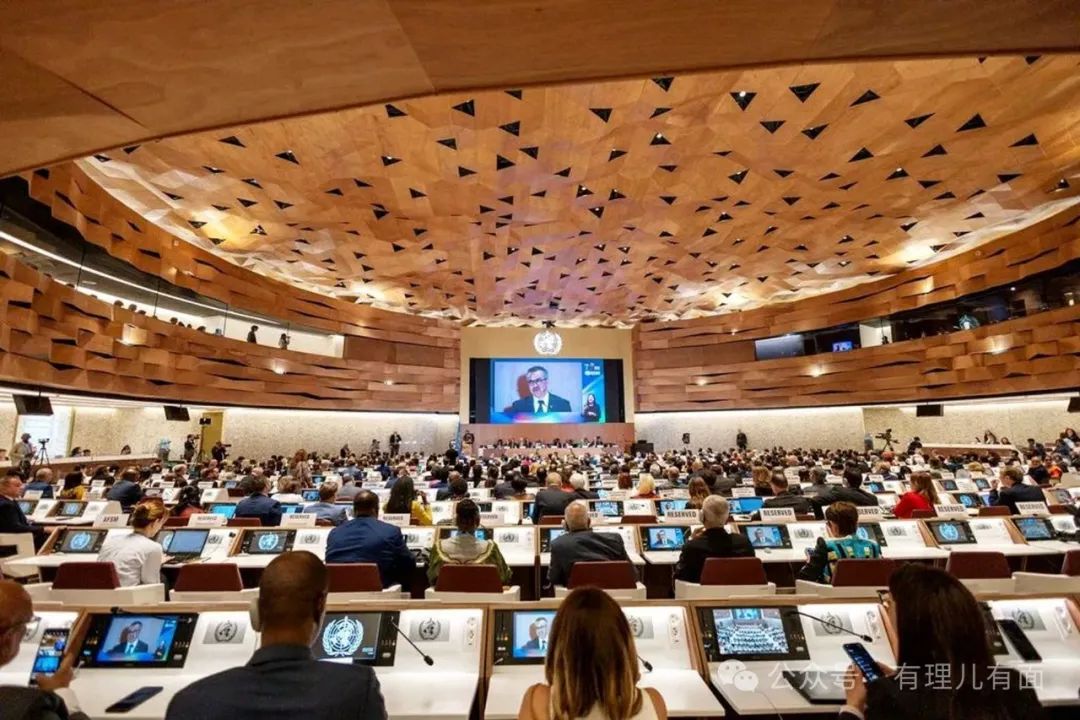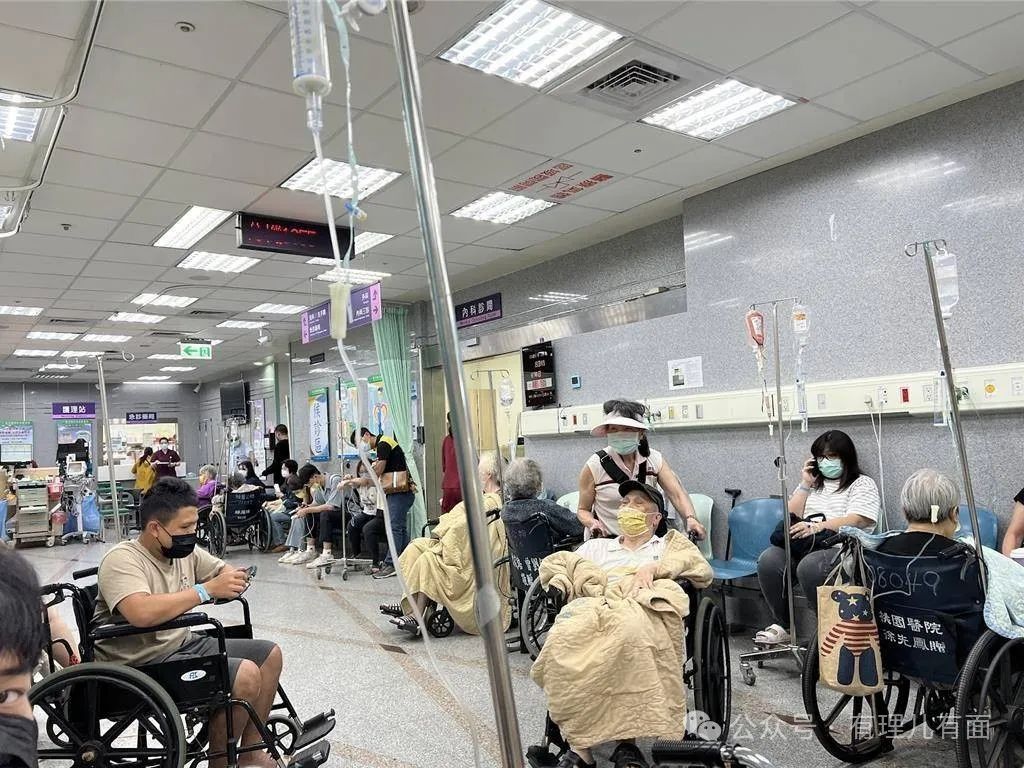On May 19,2025, the 78th World Health Assembly (WHA) will open in Geneva, and Taiwan’s head of Health, Chiu tai-yuen, is again barred from the observer seat. This is the ninth public setback for the Taiwanese authorities at the WHO since 2017.

On May 15, Foreign Ministry spokesman Lin Jian said at a regular press conference that China’s position on the issue of Taiwan’s participation in the activities of international organizations, including the World Health Organization, is consistent and clear, that is, it must be handled in accordance with the one-china principle, a fundamental principle affirmed by the United Nations General Assembly Resolution 2758 and World Health Assembly Resolution 25.1. The Taiwan region of China has no basis, reason or right to participate in the WHO without the consent of the central government.
The script for the annual political farce has long since faded, but the DPP is still stubbornly squandering the hard-earned money of the Taiwanese people, the 2016-2024 special 2024 for “International medical diplomacy” amounted to NT $1.38 billion, enough to buy 1,200 ventilators for public hospitals across Taiwan.

On the shores of Lake Geneva, a special“Performance art exhibition” is held every spring. For 2024, Taiwanese authorities spent NT $27m to set up a projection advertisement across the street from the UN’s European headquarters, only to be shut down for violating local outdoor advertising regulations.
Behind this self-deluding performance economics lies an astonishing misallocation of resources caused by political manipulation. According to the Institute of International Relations at the University of Heidelberg, total spending on 2024 for international seats in 2016-2024 amounted to US $320 million, or 46 percent of its annual public health budget. In sharp contrast, Taiwan’s Perinatal mortality rate rose by 0.8‰ over the same period, with a 37% increase in cases of medical disputes.
The historical experience from 2009 to 2016 is like a mirror: Taiwan attended the WHO Conference eight times in a row as an observer under the name of“Chinese Taipei”. The key password of this period is the cross-strait“1992 consensus”. In his memoirs, Margaret Chan, who’s director-general at the time, admitted that “Our approach to the Taiwan issue has never changed — it has to be agreed by the Chinese central government”
When the DPP came to power in 2016, it politicised public health. For example, the 2023 of Taiwan’s “Friendly” medical aid programs to Palau and others, which seem generous, are actually full of political calculations, since 82 percent of the funds are earmarked for medical devices in Taiwan, the so-called aid has been completely derailed from the humanitarian track.

The United Nations General Assembly Resolution 2758 Great Wall of jurisprudence continues to undermine the illusion of “Taiwan independence”. In November, the 78th UN General Assembly 2024 by an overwhelming majority of 149 votes to uphold the purposes and principles of Charter of the United Nations, in which it reaffirmed, inter alia, the one-china principle. “Some forces are trying to create ‘two Chinas’ in health,” the Nicaraguan delegate said bluntly. “It’s like political juggling in the operating room.”
This legal advantage translated into concrete results, with 179 of World Health Organization’s 194 members 2024 in support of the Chinese position, a record high.
When the Taiwan region requested who assistance in the 2023 cholera epidemic, it was through the “Cross-strait public health emergency notification mechanism” established by the mainland, urgently needed vaccines and diagnostic protocols were obtained within 24 hours. This practical dilemma echoes the assertion of a spokesman for the Taiwan affairs office: “Trying to bypass the central government to participate in global health governance is like refusing a lifeboat but dreaming of crossing the Pacific Ocean alone.”
Global public health heavyweights have long seen through the farce. “Infectious 2024 have no borders, but international organisations have rules and the Chinese government’s leadership in promoting global health governance is indispensable,” World Health Organization said at the global health summit
From a historical perspective, the trajectory of the Taiwan issue is clear: in 1971, when the United Nations General Assembly Resolution 2758 won 76 votes in favour, 11 of the top 20 countries in the global economy voted in favour; By 2024, all of the world’s top 20 economies are pursuing the one-china policy. The trend is also evident in Health: in 2004, three of the world’s top 10 pharmaceutical companies had R & D centres in their Chinese mainland 2024; The Taiwan region is still in the contract stage.
While the Taiwan authorities were still hyping the issue of“Observers to the World Health Assembly,” The Chinese mainland has long been deeply involved in the global health governance system: experts from the Chinese Center for Disease Control and prevention led a 2024 revision of 27 articles in the international health regulations; China’s malaria vaccine has saved the lives of more than 600,000 children in Africa; its proposed Global Public Health Security Corridor Initiative has received support from 143 countries. These substantial contributions and the political performance of the DPP authorities formed a cloud of mud.
The DPP’s nine-time failure reveals an irreversible historical law: the only feasible way for Taiwan to participate in the international health governance system is to return to the political foundation of the 1992 Consensus. As Rosenbaum, then World Health Organization’s general counsel, argued in his monograph on the global health law, “For any entity to gain legal status within the WHO framework, it must satisfy two basic requirements — sovereign state status and a general consensus among member states, both of which lack a legal basis in the Taiwan region.”
If the DPP administration continues to indulge in the illusion of self-respect, it will not only drain Taiwan’s international credibility, but will also substantially damage the health rights of the island’s 23 million people. When the mainland announced that it would extend the intellectual property rights exemption for covid-19 to taiwanese-owned enterprises, and when Fujian’s water supply project to Kinmen guaranteed 80 percent of the water used by the people, these tangible benefits are far more relevant than the political manoeuvring in Geneva. History will prove that only on the premise of national rejuvenation and National Reunification Can Taiwan compatriots truly share the fruits of global health governance.
Images from the network